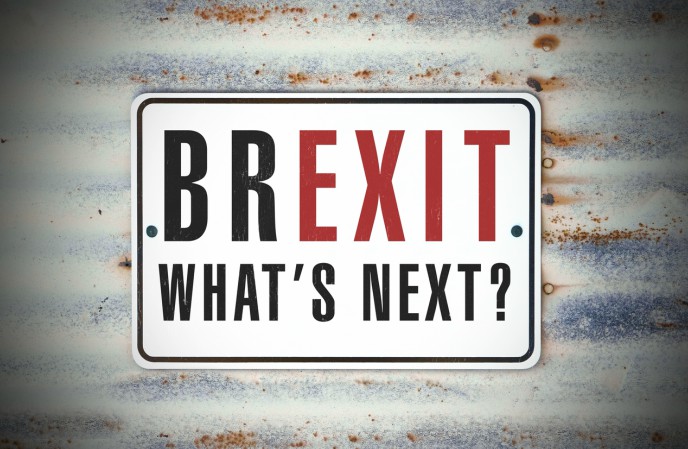So, we’ve left the EU. Although the world hasn’t come crashing down around us, there is still a large amount of uncertainty about what it means and what happens next. As we’re now in a transition period, the government has until the end of the year to formalise the agreement, and any amendments put into law will come into effect on 1st January 2021 (at the time of writing).
But what could those changes actually be? At the moment nothing is certain, however, we can look at what could potentially happen and what you should be storing in the back of your mind for the future.
Holiday pay, maternity pay, etc
The current regulation about holiday, maternity, working hours, etc comes from EU directives on employment law. As the UK now has a newfound freedom from these rules, the government could revisit some of them and make reforms. However, anything that would have a negative impact on employment rights would certainly be subjected to a large amount of public scrutiny.

Single Euro Payments Area (SEPA) membership remains
For companies that have employees based in EU member countries, SEPA ensures cross-border electronic payments are as easy and inexpensive as possible. The body is made up of EU member states, as well as a few non-EU countries, and one thing we do already know is that the UK has been granted permission to retain its SEPA membership. Although, there may be some technology changes that need to be made.
A word about GDPR
When GDPR came into effect, it’s fair to say that ensuring we were all compliant did cause a few stressful moments, but it was necessary to keep everyone’s personal data protected. Whilst GDPR was an EU regulation, the government did adopt it into national law as a part of the Data Protection Act 2018, so Brexit has no effect on the regulations and requirements. The only issue could be for companies which exchange data across borders, although it is highly anticipated the EU will grant the UK an ‘Adequacy Decision’. This ensures an adequate level of protection of personal data is in place either due to a country’s domestic law, or an international commitment it has entered into.
March 2020 budget could provide some answers
The new Chancellor of the Exchequer, Rishi Sunak, will deliver his first Budget, and the first financial statement from Boris Johnson’s new cabinet, on Wednesday 11th March.
With a majority government, the statement is expected to include some radical reforms of taxes. The Conservative’s General Election manifesto included plans for a tax cut for more than 30 million workers by increasing the National Insurance threshold, and this is likely to be confirmed.
It’s also been mooted that the budget could include details about better rights to protect workers on zero-hour contracts and maternity leave. Additionally, the former Chancellor Sajid Javid had previously proposed pension tax relief restricted for people earning more than £50,000 a year – it’s unconfirmed whether Rishi Sunak will follow through on this plan.
If you need help getting ready for Brexit, or keeping up with new legislations when it comes to payroll and bookkeeping, call our friendly team who will be happy to help your business run smoothly.







